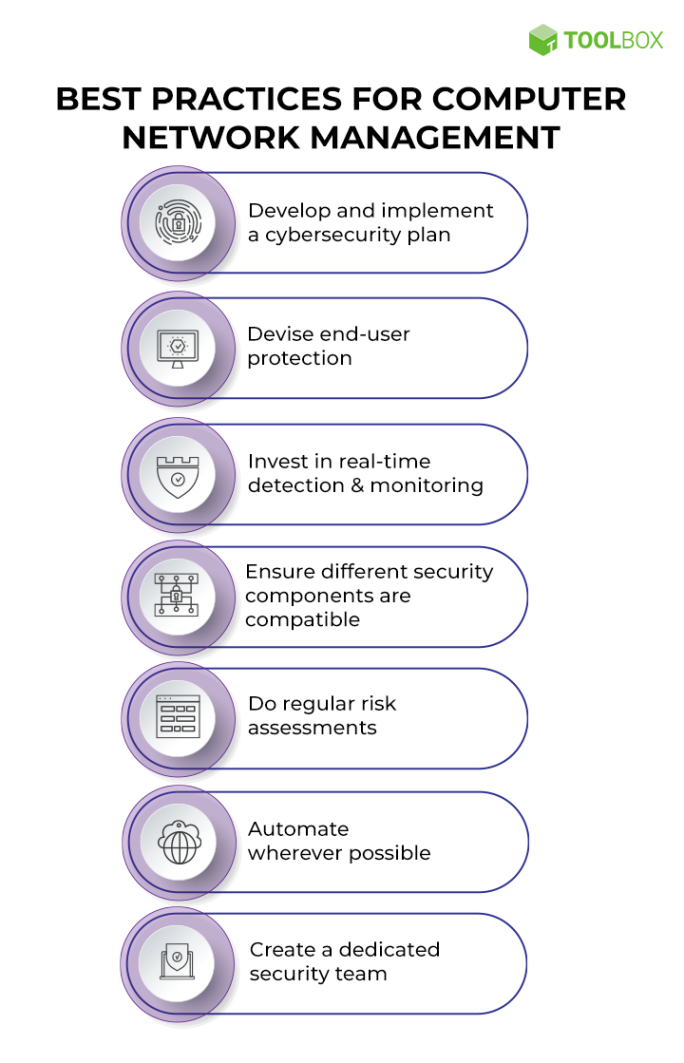Cybersecurity Tips: Tip #3
Stay Safe Online: 10 Simple Cybersecurity Tips You Should Know
Tip #3: Use Strong, Unique Passwords for Each Account
When it comes to staying safe online, one of the most important things you can do is to use strong, unique passwords for each of your accounts. It may seem like a hassle to remember multiple passwords, but it is a crucial step in protecting your personal information from hackers and cybercriminals.

Image Source: spiceworks.com
Using the same password for multiple accounts is a major security risk. If a hacker gains access to one of your accounts, they can easily try that same password on your other accounts, putting all of them at risk. By using strong, unique passwords for each account, you can ensure that even if one account is compromised, the rest of your accounts will remain secure.
So, what makes a strong password? A strong password is one that is at least 12 characters long and includes a mix of letters, numbers, and special characters. Avoid using easily guessable information such as your name, birthdate, or simple words like password or 123456.

Image Source: vegaswebsitedesigns.com
Creating unique passwords for each account may seem daunting, but there are tools available to help you manage them. Password managers like LastPass or Dashlane can securely store all of your passwords in one place, allowing you to easily access them when needed without having to remember each one individually.
Another important aspect of password security is to regularly change your passwords. Set a reminder to update your passwords every few months to reduce the risk of unauthorized access to your accounts. Additionally, never share your passwords with anyone else, no matter how trustworthy they may seem.

Image Source: symquest.com
Remember, your passwords are the first line of defense in protecting your online accounts. By using strong, unique passwords for each account and regularly updating them, you can greatly reduce the risk of falling victim to cyberattacks.
4. Use Multi-Factor Authentication
In today’s digital age, protecting your online accounts from cyber threats is more important than ever. With hackers constantly finding new ways to steal personal information and money, it’s essential to take proactive measures to safeguard your online presence. One simple yet effective way to enhance your Cybersecurity is by using multi-factor authentication (MFA).
MFA adds an extra layer of security to your accounts by requiring more than just a password to log in. Typically, MFA works by combining something you know (like a password) with something you have (like a mobile device or security token) or something you are (like a fingerprint or facial recognition). This means that even if a hacker manages to obtain your password, they would still need additional verification to access your account.
Implementing MFA is an easy and practical way to significantly reduce the risk of unauthorized access to your online accounts. Many popular online services, such as email providers, social media platforms, and banking websites, offer MFA as an option for users to enable. By taking advantage of this feature, you can ensure that your accounts are better protected against cyber threats.
To set up MFA on your accounts, simply follow the instructions provided by the service provider. This usually involves linking your account to a secondary authentication method, such as a mobile app or SMS verification. Once MFA is enabled, you will be prompted to verify your identity whenever you log in, adding an extra layer of security to your account.
Not only does MFA enhance the security of your accounts, but it also gives you peace of mind knowing that your personal information is better protected. With cyber attacks on the rise, taking proactive steps to secure your online accounts is essential in today’s digital landscape. By using multi-factor authentication, you can stay one step ahead of hackers and keep your information safe and secure.
In addition to enabling MFA on your accounts, it’s important to regularly review and update your security settings. This includes changing your passwords frequently, using strong and unique passwords for each account, and keeping your devices and software up to date. By staying vigilant and proactive in your cybersecurity practices, you can better protect yourself from cyber threats and minimize the risk of falling victim to online attacks.
Remember, cybersecurity is everyone’s responsibility. By following simple yet effective tips like using multi-factor authentication, you can strengthen your online security and safeguard your digital presence. Stay safe online and protect yourself from cyber threats by implementing MFA on your accounts today. Your safety and security are worth the extra layer of protection that MFA provides.
10 cybersecurity best practices